Accelerating strategic partnership: Iranian FM visits China
Iran’s Foreign Minister Hossein Amir-Abdollahian has noted “very good progress” in China-Iranian talks on the expansion of bilateral relations, saying “strategic issues” are being discussed between Tehran and Beijing.
Amir-Abdollahian made the remarks on Friday after arriving in China as head of a high-ranking political and economic delegation at the invitation of his Chinese counterpart, Wang Yi.
“In bilateral relations, we enjoy good coordination and diversity in various issues and we have made very good progress in various issues in line with the interests of both sides,” he said.
“Strategic issues are on the agenda of the two countries, and these issues have created a new atmosphere in the correspondence between the presidents of the two countries,” the chief Iranian diplomat added.
He also noted that the pace of the expansion of bilateral ties has been accelerating under the administration of President Ebrahim Raeisi.
Amir-Abdollahian is also scheduled to discuss a 25-year partnership agreement with his Chinese counterpart Wang Yi later on Friday.
Upon arriving in China, he said that he will meet with Chinese officials to discuss bilateral political ties and the implementation of Tehran-Beijing economic agreements.
Iran and China signed a landmark 25-year comprehensive strategic partnership agreement in March last year in defiance of the US’s unilateral sanctions.
The deal officially documents the Sino-Iranian Comprehensive Strategic Partnership that had been announced during a visit by Chinese President Xi Jinping to Tehran in 2016. It sets the outlines of the two countries’ cooperation in political, cultural, security, defense, regional, and international domains for the next 25 years.
Amir-Abdollahian calls visit ‘promising horizon’
In an article published by China’s Global Times newspaper on Thursday, Amir-Abdollahian described his visit as a “promising horizon” for Tehran and Beijing’s promotion and development of cooperation in various domains.
“Together, Iran and China resolutely defended their territorial integrity and national sovereignty, protected multilateralism, and opposed unilateralism. They criticized the approach of introducing democracy as a patent of superpowers and, with their indigenous democratic systems, demonstrated to the world true democracy, common values of human society, justice and freedom,” he said.
He also stated that Iran and China have criticized the sanctions system as The Long Arm Jurisdiction and stood against the double standards of human rights and the politicization of sports issues while emphasizing the development of commonalities and common human values.
Elsewhere in his article, the chief Iranian diplomat said Iran and China demonstrated at various points in history that the approach of confrontation, militancy and sanctions policy are obsolete and rejected.
Such illegitimate policies, he said, have lost their effectiveness and led to a negative reaction from other actors on the international stage.
“In this regard, Iran welcomes China’s Global Development Initiative and for its implementation proposes a mechanism of cooperation for balanced development. The group of Friends of the Global Development Initiative formed in UN by the suggestion of China could be the core of this cooperation,” Amir-Abdollahian remarked.
FM lauds China’s ‘admirable role’ in Vienna talks
Pointing to the implementation of the 2015 Iran agreement, officially called the Joint Comprehensive Plan of Action (JCPOA), the Iranian foreign minister said Tehran sent a message to the world that the pursuing of regional interests is its priority.
“Even after the withdrawal of the United States from the JCPOA, Iran, by adhering to its commitments for two years and sacrificing part of its inalienable rights and interests, has illustrated more and more to the world that it is steadfast in this direction.”
Amir-Abdollahian praised China’s “really admirable” role during the negotiations that facilitated the reconciliation process and the return of JCPOA’s violators, making a reference to the ongoing Vienna talks to bring the US back into the deal by removing its sanctions against Iran.
“No matter what happens in the field of international relations, China and Iran, along with their other trade and regional partners, will be on the right side of history, forever,” he added.
Enumerating areas in which the two countries can cooperate, the foreign minister underlined the development of economic and trade cooperation and implementation of the Comprehensive Cooperation Plan as a top priority.
He further said Iran and China can counter terrorism and extremism and help bring all oppressed countries back to the international community.
“As a great civilization with a cultural history of 7,000 years, and along with China, Iran is ready to take responsibility of the international community's cultural development. Meanwhile, with the achievements of joint economic cooperation, Iran would play its role in global development and building a shared future worthy of human society,” Amir-Abdollahian concluded.
‘Sino-Iranian relations undermine US’
In an article published on Thursday, leading US magazine Foreign Policy argued that growing Sino-Iranian relations undermine the United States and secure China’s access to Iranian oil and other important commodities.
“For its part, Iran will get billions of dollars in Chinese energy and infrastructure investment, undercutting the effectiveness of US sanctions" against the Islamic Republic, the article said.
It noted that much of Beijing and Tehran’s cooperation focuses on economic and diplomatic ties, saying Chinese investment will provide economic stimulus and revenue for Iran and increasingly mitigate the effectiveness of US sanctions against Iran.
Since Washington began to reimpose sanctions aimed at crushing the Iranian economy, Leader of the Islamic Revolution Ayatollah Seyyed Ali Khamenei has underlined the necessity of pressing ahead with efforts to neutralize the sanctions.
Under that strategy, Iran has tried to adopt an East-oriented economic policy, expanding its ties with Asian countries and striving to become self-sufficient in key domains.
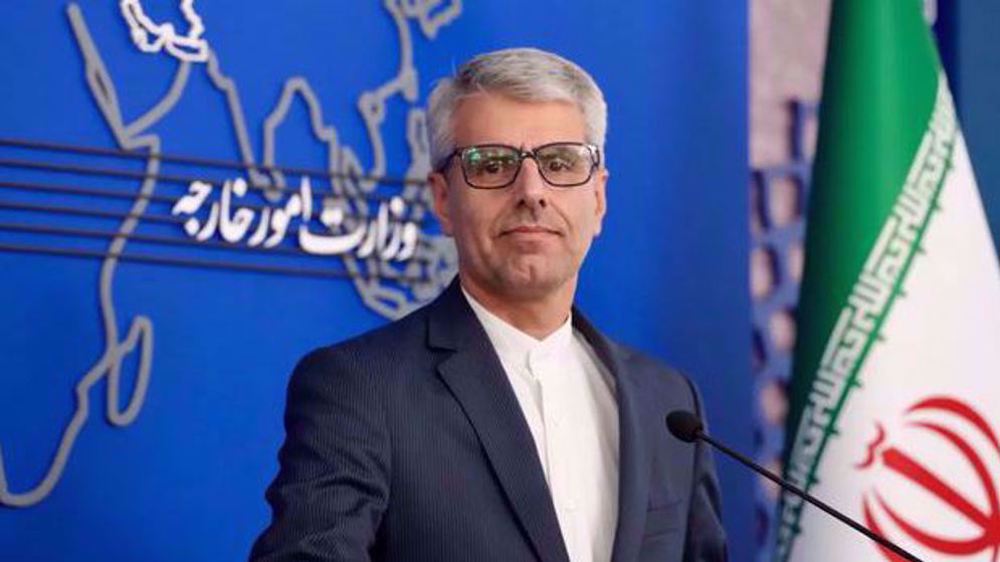
Iran says expert-level talks with US postponed to Saturday
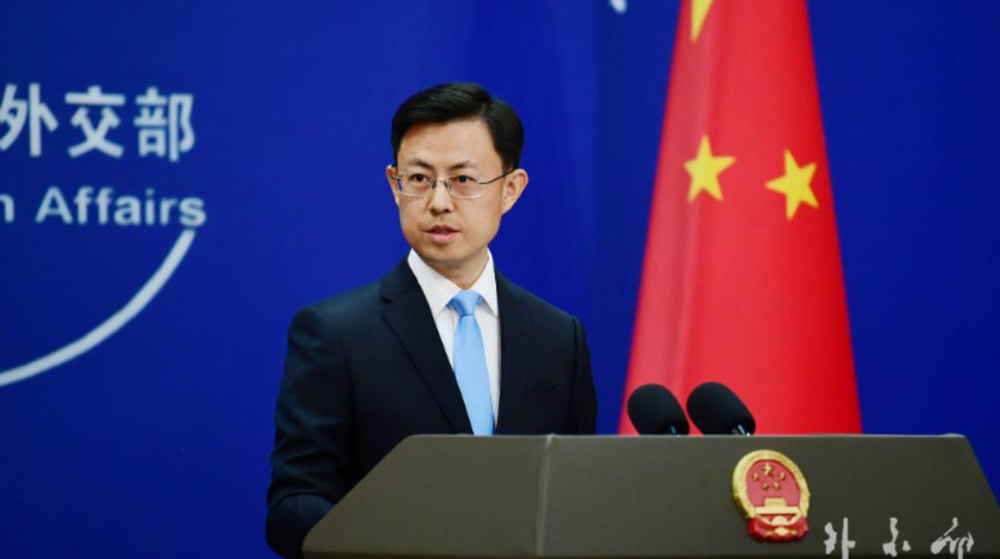
China says expects ‘in-depth’ talks during Iran foreign minister’s visit
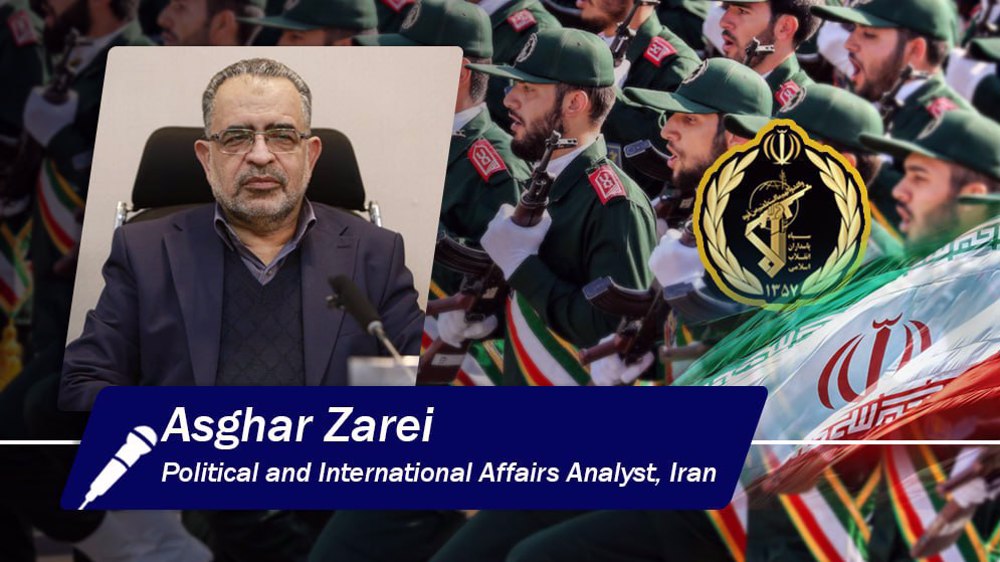
IRGC a thorn in the side of enemies; no power dares to threaten Iran: Analyst
VIDEO | Iran seeks foreign investment to boost oil, gas sectors
Iran condemns terror attack in India's Kashmir region
After second Signalgate scandal, Democrats call for Hegseth’s resignation
Mahmoud Khalil missed son's birth after US officials denied temporary release
Iran’s annual inflation up 0.7% to 33.2% in April: SCI
Ayatollah Sistani offers condolences on passing of Pope, hails his role in promoting peace
Iran says expert-level talks with US postponed to Saturday
Iran issues jail sentences, fines for foreign crews of fuel smuggling ships


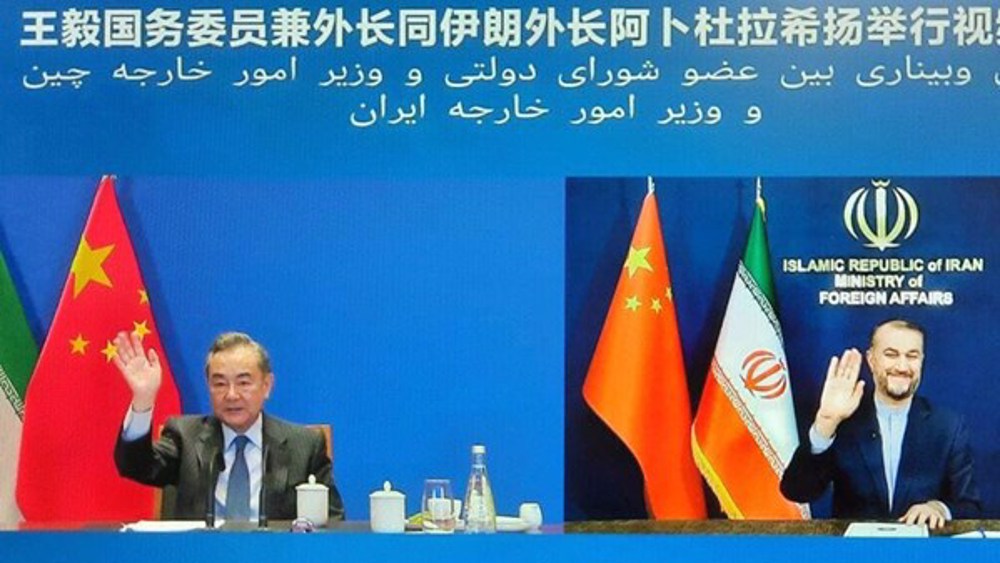
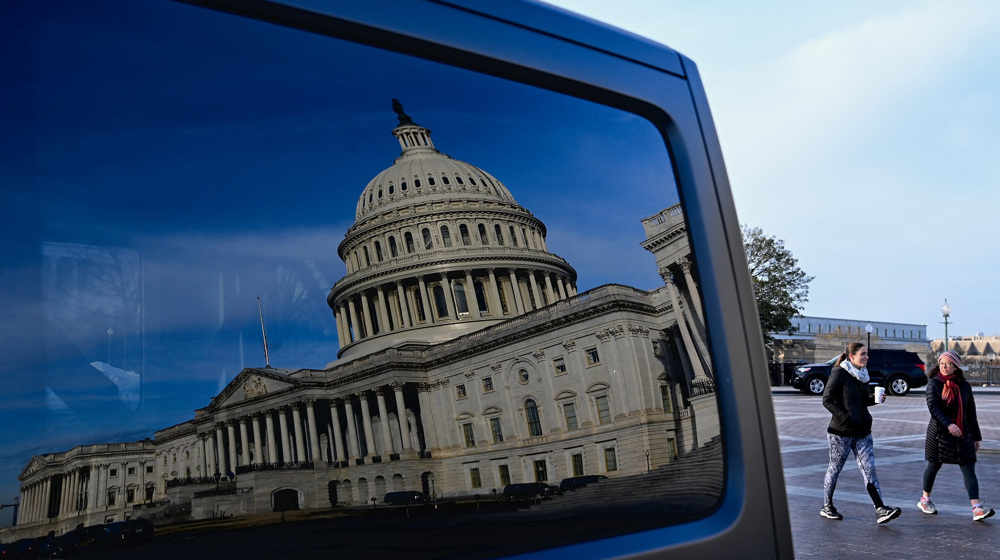
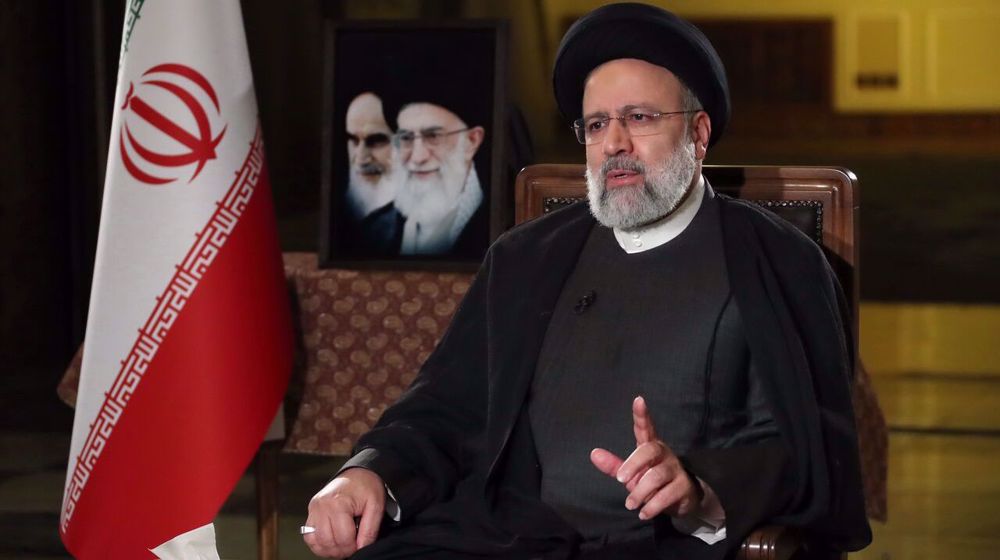



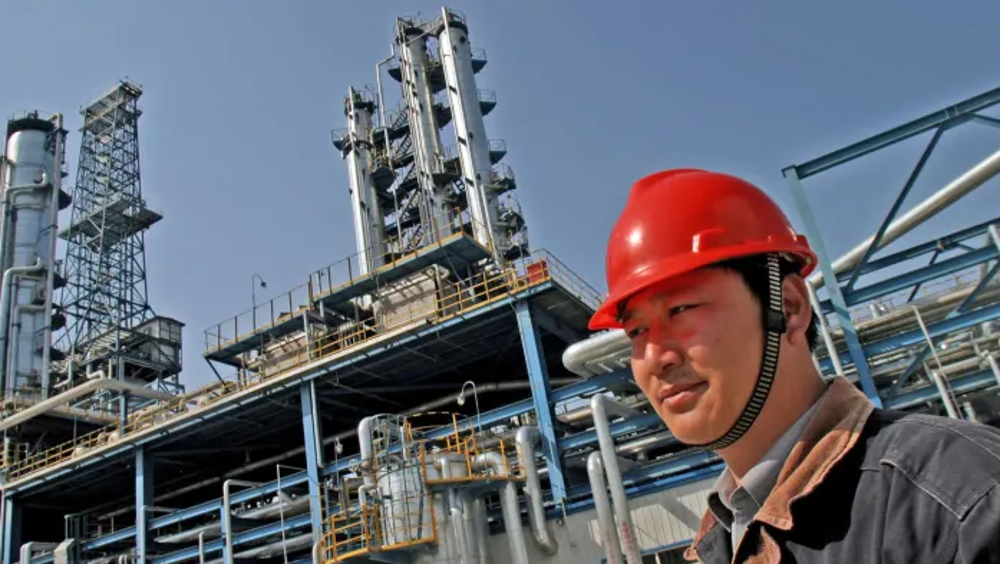
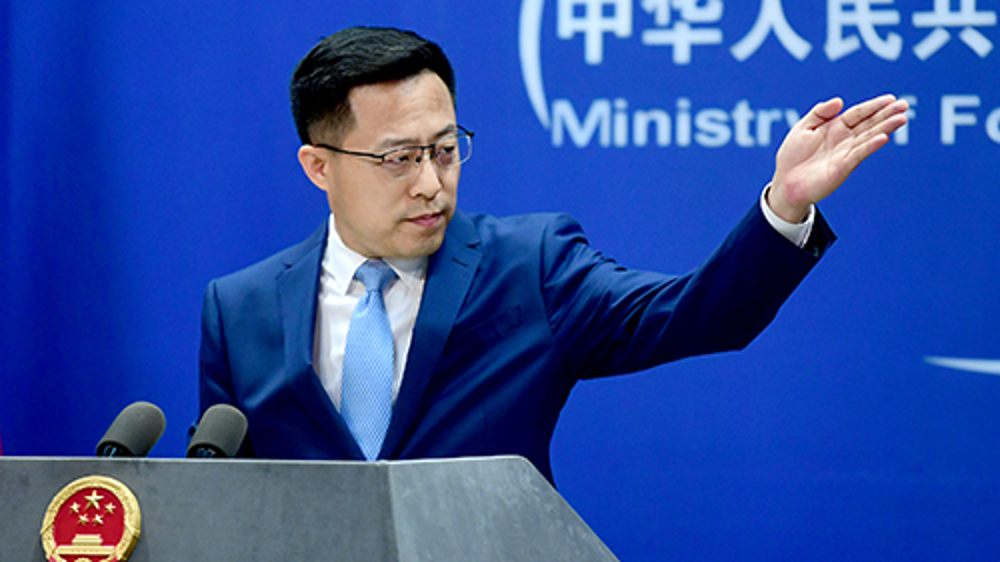
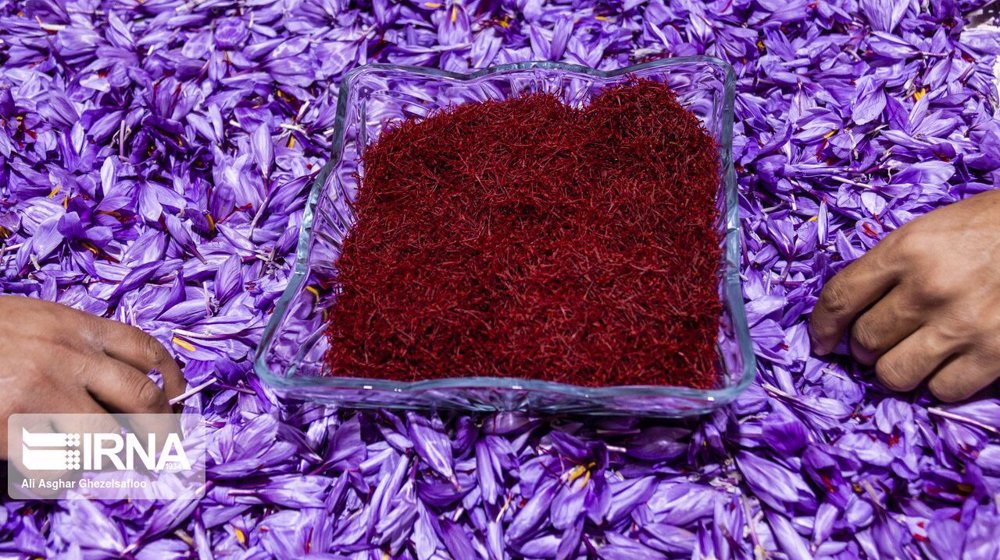

 This makes it easy to access the Press TV website
This makes it easy to access the Press TV website